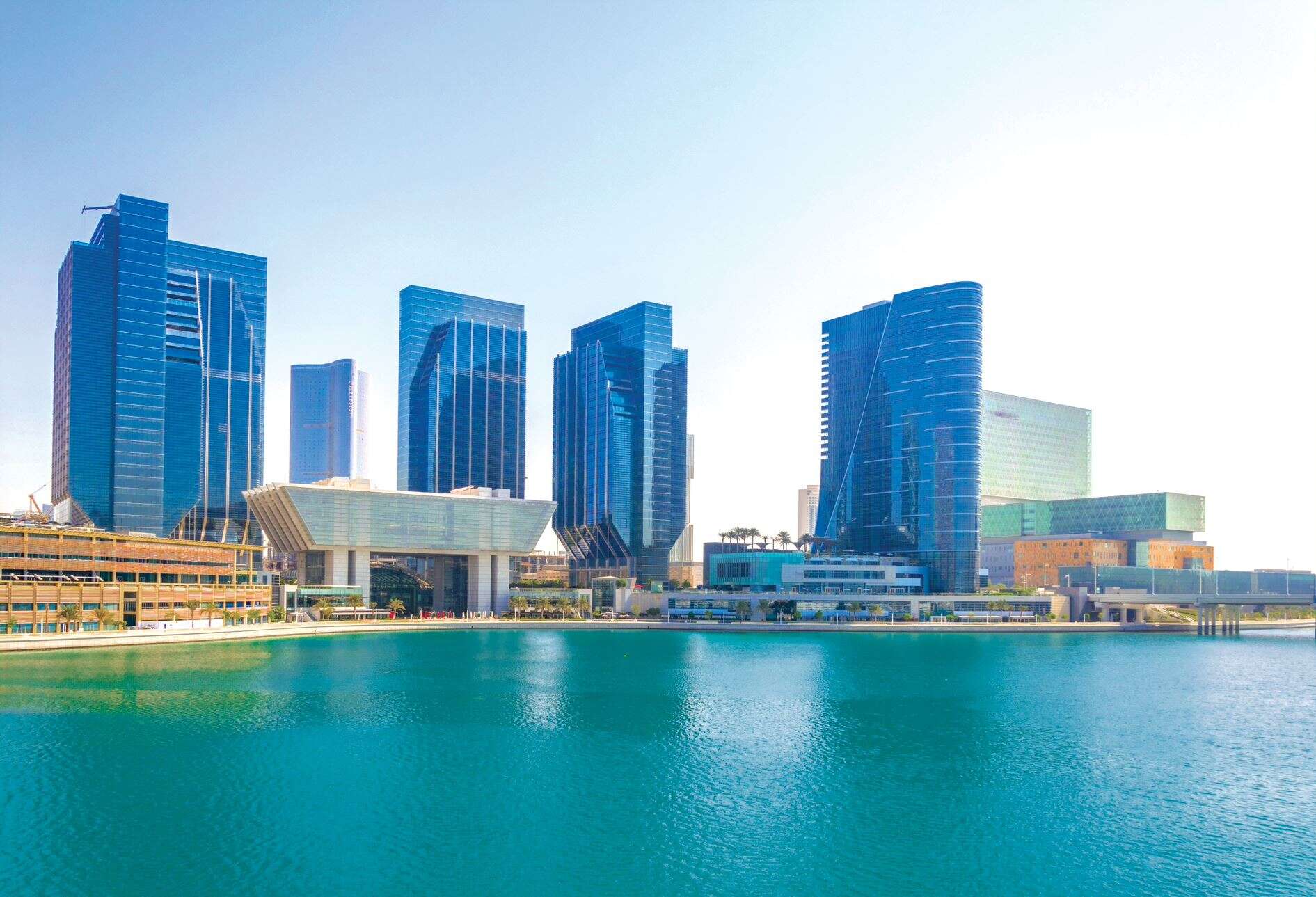

Raising capital is one of the toughest parts of running a tech start-up. It can be hard to find someone who shares your vision; and when you do, you often give up some control of the company in exchange for that much-needed capital. And a global pandemic has only made that experience tougher. So what are start-up founders to do? Many are finding answers in the Middle East – in Abu Dhabi’s vibrant tech ecosystem, Hub71. Partnering with tech titans such as Microsoft and Techstars and venture capital firms such as Lumia Capital and Mubadala Investment Co, Hub71 and Abu Dhabi are fast becoming key players in the entrepreneurial tech scene.
Verdict caught up with Meera Sultan Al Suwaidi, head of value creation, at Mubadala’s investment arm, Mubadala Capital, to ask her expert opinion on what makes a start-up truly worthy of investment, both now and in the future.

What advice would you give to a growth-stage company or start-up looking to secure investment?
It’s often said that an important aspect of investing starts with investing in people. And certainly for Mubadala, it’s vital for us to partner with people who we want to be in business with. We look at the business, but we also look a lot at the people. A strong business model and a trusted leadership team are two critical factors. We also look for market suitability and sustainability. Does your product fit our market or can it be enhanced or changed to fit the market? Does the product or service answer a need or fix an issue to increase revenue, decrease costs or increase production efficiency? It doesn’t have to be extremely novel or high-tech. But it has to answer or fix something. We have to clearly see that there is a realistic growth path and value proposition.
What do you individually, and Mubadala Capital as a whole, bring to your investees?
When we started our ventures arm in 2017, we did a lot of research and groundwork, and so what we discovered is that founders today are able to find capital – this is not the problem. Often, they have the luxury of picking and choosing capital. What they are looking for today is “smart capital”, or capital “++”. So we made sure we brought that to the table. Mubadala has a truly global network of assets, companies and partners that we are able to leverage, allowing us to stand out.
An example where Mubadala has invested and partnered globally is with global investment firm The Carlyle Group. Within the energy space, we work closely with Total and Occidental Petroleum Corp. Within the healthcare space, we’ve partnered with Imperial College London, and we work with Boeing and Airbus in the aerospace division. All of these are prominent names that we not only have joint capital with but we have successfully created long-term partnerships with. That’s how we’ve established ourselves in the market. And as such, we can leverage this extensive network to help our founders and funds grow and expand in a way not many other investors can do.

What types of companies are you looking to invest in at present?
In term of numbers, our start-up investment sweet spot ranges from $3m to $5m, but it really varies depending on the company. We have a direct investment and a fund-of-funds program covering different geographies. These venture funds are mainly sector-agnostic, and we do consider companies that have strong growth potential and obviously an experienced and ambitious management team. In particular, given the pandemic today, areas that we have seen an increased interest in globally are AI and machine learning, edtech, agritech and, most importantly, healthtech (life sciences and pharma). These are definitely areas that we look at, but we will look at many other sectors and companies.
Given the current economic climate, is now a good time to be investing in start-ups and growth-stage companies?
Pandemic or not, people still need to eat, have access to medical care, kids need to learn, and you need a safe outlet for leisure and entertainment. No matter the circumstances of today’s climate, these things are always going to be there. As an investor, we believe the best time for investors to deploy capital is during a downturn. That is where you can get the most value for your money, but what I would say is that investors must do the right level of due diligence when targeting a start-up or growth-stage company given these circumstances and current market conditions.
What are the main advantages for companies based in Abu Dhabi?
I’m biased, as I’m from Abu Dhabi, but it’s a great place to be, regionally speaking. We have unrivalled global connectivity, with 80% of the world’s population an eight-hour flight away from us. And for start-ups, Abu Dhabi’s government is supporting the growth of the tech ecosystem in many different ways such as subsidies at Hub71 and FDI incentives and rebates through ADIO. They have created this embedded framework that supports start-ups and entrepreneurs to grow and prosper, and supporting our youth in becoming developers and exporters of tech versus only being tech consumers.
ADGM is truly one of the region’s best-regulated financial centres, and it offers competitive tech start-up licences that allow founders to grow and scale their business here. With Hub71 growing its global tech ecosystem, it is offering start-ups a vibrant community with access to capital and highly skilled talent and long-term visa options – it’s a one-stop-shop for Abu Dhabi’s thriving tech scene.
Learn more about the Hub71 Incentive Programme in our free white paper Roadmap to Abu Dhabi: How to unlock new opportunities for your Tech Startup, which includes information on page 19 for how to be one of the few start-ups chosen to join the programme and best tips for success. Download white paper.






